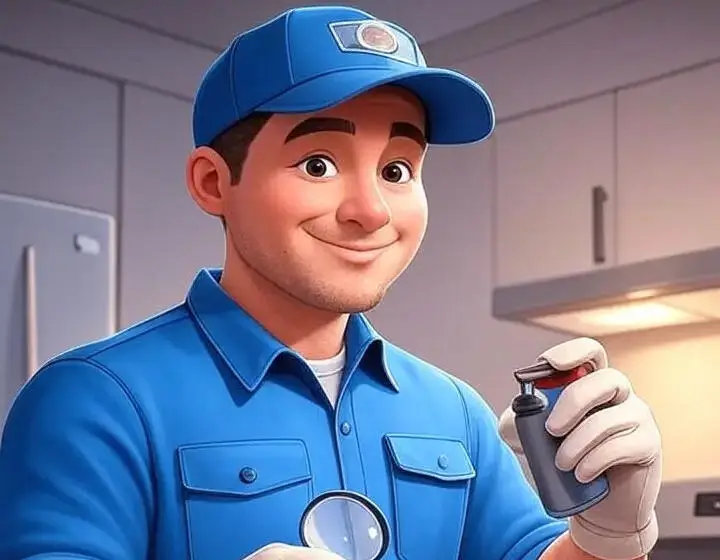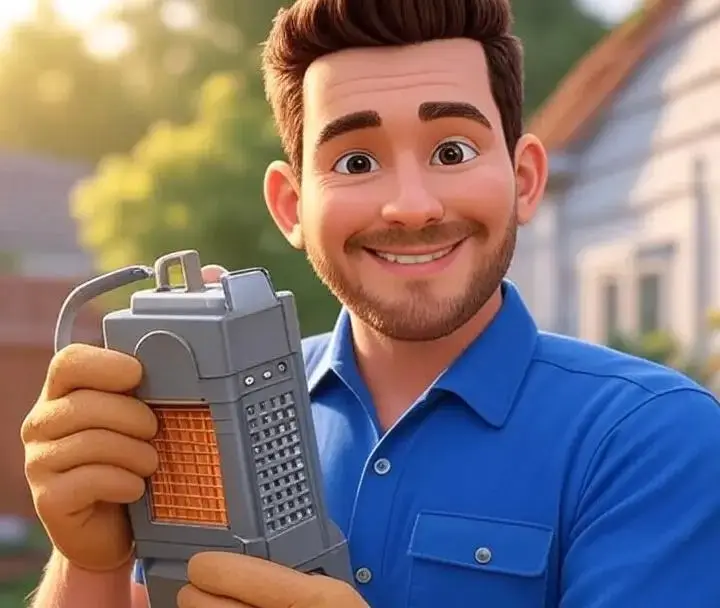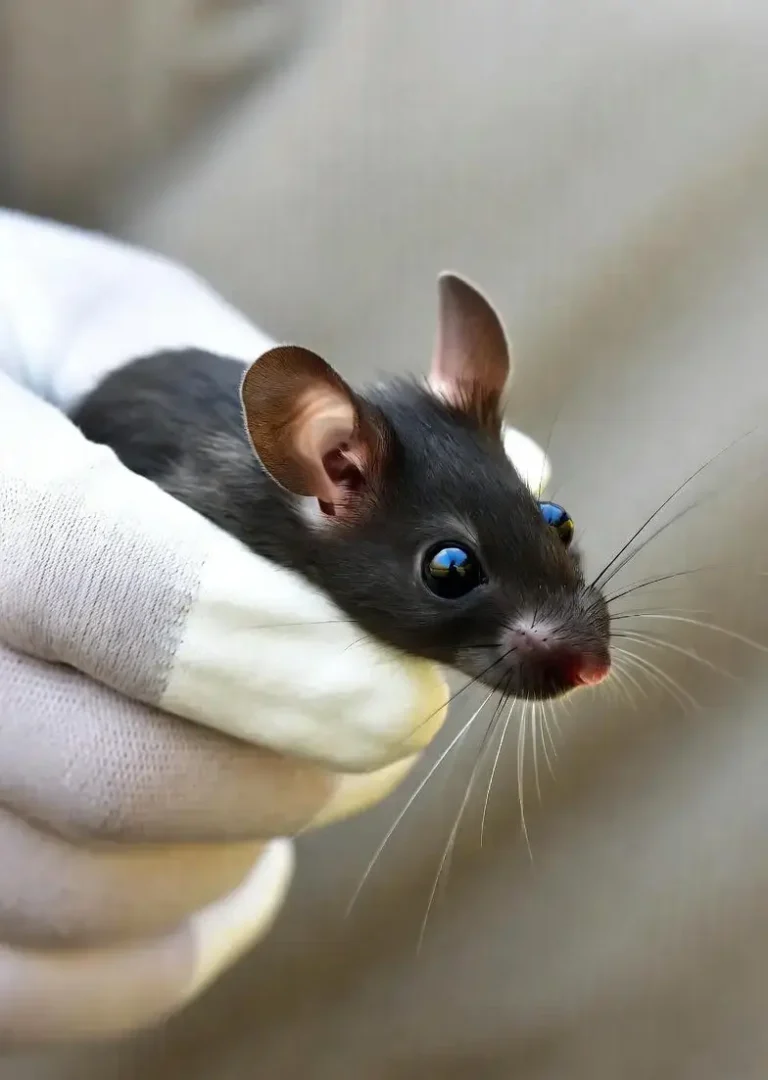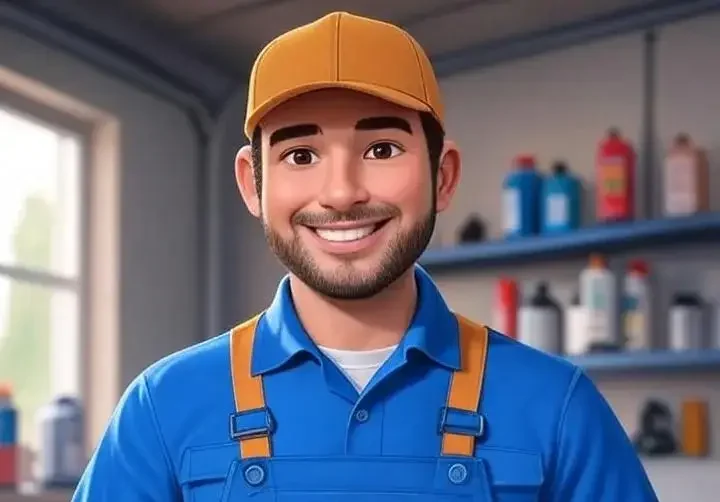Yard Pest Control: What to Do When Home Remedies Aren’t Working
Why Yard Pest Control Is Important
A few bugs here and there in your lawn might seem harmless, but yard pests can cause significant damage to your grass, plants, and even your home’s foundation. Common pests in Michigan lawns include grubs, ants, rodents, and beetles, all of which can multiply rapidly.
Home remedies, like sprinkling cayenne pepper, vinegar traps, or DIY sprays, may work temporarily—but if pests keep returning, it’s time to consider professional yard pest control. This ensures your lawn stays healthy and your home remains safe.
Signs You Need Yard Pest Control
Before calling a professional, it helps to recognize the warning signs that your DIY methods aren’t enough:
- Brown or dead patches of grass – often caused by grubs or other soil pests
- Chewed leaves or plants – indicating insect activity
- Visible insects or rodents – especially if they come back after treatment
- Holes in the soil – signs of moles or voles
- Frequent fly or mosquito activity – could indicate standing water and breeding grounds
If these problems persist despite home remedies, professional yard pest control can address the underlying causes.
Common Causes of Yard Pest Problems
Understanding what attracts pests to your yard is key for long-term control:
- Standing Water – Pools, puddles, and clogged gutters attract insects like mosquitoes and drain flies.
- Poor Soil Health – Weak grass is an open invitation for grubs and beetles.
- Food Sources – Pet food, fallen fruit, or unsecured trash can lure rodents and insects.
- Shelter Opportunities – Overgrown shrubs, wood piles, and tall grass provide hiding places for pests.
Identifying and correcting these issues is a core part of professional yard pest control.

DIY Yard Pest Control Methods
While professional services are often needed for large infestations, homeowners can still take steps to minimize pest problems:
- Clean Your Yard – Remove fallen fruit, trash, and debris even dog poop pick up in Michigan can help.
- Trim Grass and Bushes – Keeps insects and rodents from nesting.
- Use Traps or Natural Sprays – Vinegar traps for insects or diatomaceous earth for soil pests.
- Eliminate Standing Water – Clean gutters, dump planters, and fill low spots in the yard.
If these measures fail, professional yard pest control is the next step.
How a Handyman Can Help With Yard Pest Control
Professional handymen often provide services that go beyond DIY pest removal:
- Drain and Gutter Cleaning – Removing buildup to prevent standing water
- Fixing Leaks – Addressing water issues that attract pests
- Sealing Entry Points – Preventing rodents and other pests from entering structures
- Repairing Yard Damage – Fixing soil erosion, mulch displacement, or plant damage caused by pests
- General Lawn Maintenance – Aerating soil, fertilizing, and landscaping to reduce pest-friendly conditions
By combining handyman skills with pest expertise, your yard remains healthier and less attractive to pests.
The Yard Pest Control Process
Here’s what to expect when working with a professional:
Step 1: Inspection
The technician assesses your yard for pests, damaged plants, standing water, and other conditions conducive to infestations.
Step 2: Treatment Plan
A tailored plan is created, which may include soil treatments, traps, or barriers to target specific pests.
Step 3: Active Treatment
Depending on the problem, multiple visits may be needed. Professionals use techniques and products that are often unavailable in stores.
Step 4: Follow-Up and Prevention
Good services will schedule follow-ups and offer prevention strategies, including soil health recommendations and maintenance tips.
Benefits of Professional Yard Pest Control
- Protects Landscaping Investments – Healthy plants and grass are preserved.
- Reduces Recurring Infestations – Long-term solutions prevent pests from returning.
- Saves Time and Effort – Professionals do the heavy work for you.
- Ensures Safety – Using the right chemicals and methods keeps pets and children safe.
- Peace of Mind – You know the problem is fully addressed and under control.
Prevention Tips for Detroit Homeowners
Even after professional yard pest control, you can reduce the chance of future infestations:
- Properly Store Produce and Pet Food – Don’t leave anything outdoors that attracts pests.
- Regular Yard Maintenance – Mow lawns, prune bushes, and remove debris frequently.
- Inspect Drains and Gutters – Keep water moving and drains clear.
- Seal Gaps Around Foundations – Stop rodents from entering homes.
- Schedule Seasonal Check-Ups – Preventive maintenance catches problems early.
Frequently Asked Questions
Q1: How long does professional yard pest control take to work?
Most treatments show results within a few days, but severe infestations may require multiple visits.
Q2: Can yard pest control be safe for kids and pets?
Yes. Professionals use lawn-safe products and can provide instructions for keeping pets and children safe during treatment.
Q3: How often should I schedule yard pest control?
For most lawns, seasonal inspections (spring and summer) are ideal. Problem areas may require additional visits.
Pest prevention tips
For additional pest prevention tips, the EPA’s Pest Prevention Guidelines are a trusted source. We also have a good guide for yard pest control that homeowners can use.







